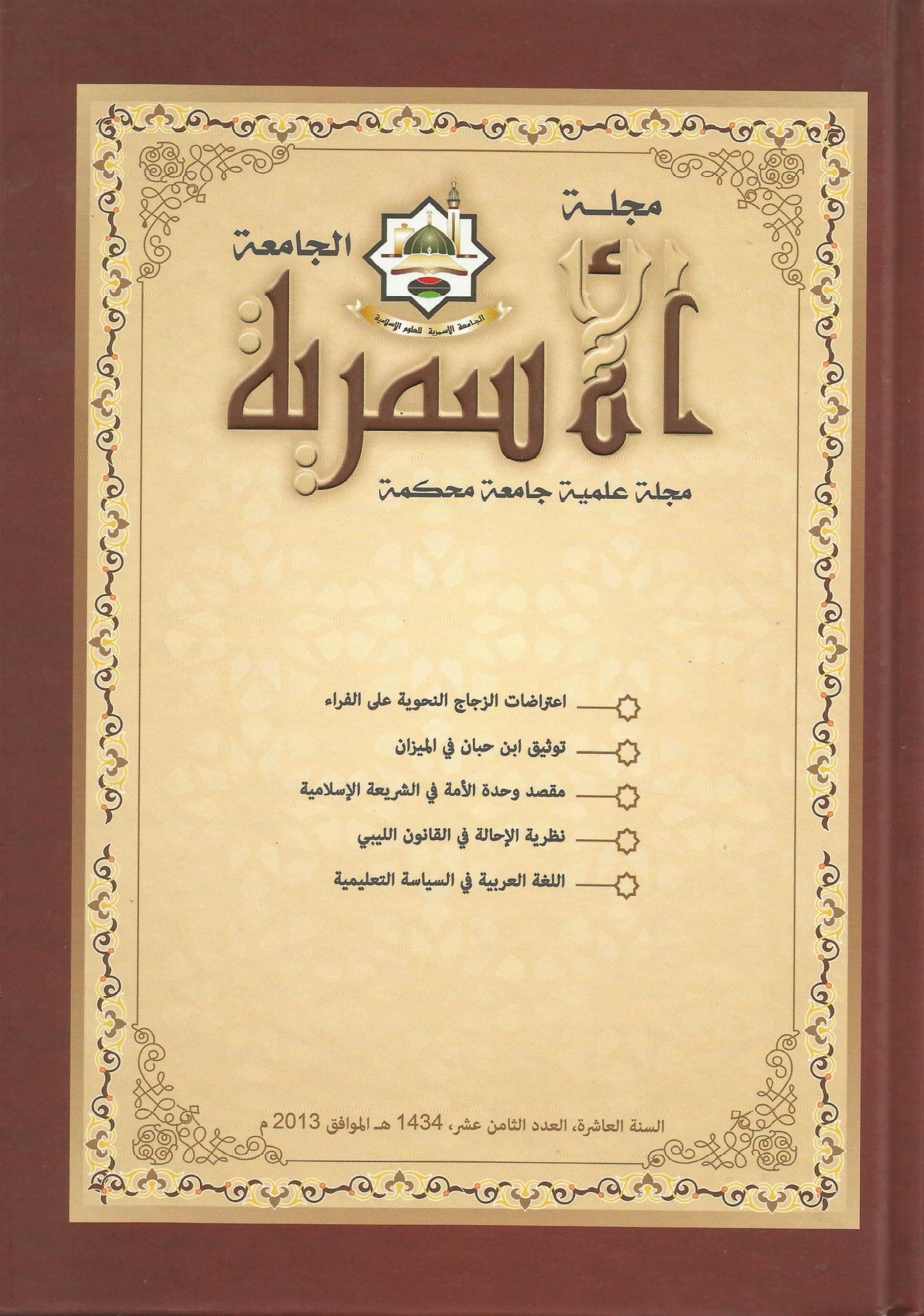Simulation and Study the Performance Parameters of Molten Carbonate Fuel Cell
Keywords:
Fuel Cells, MCFC Model, Performance Parameters, SimulationAbstract
As a result of the promising advantages of the molten carbonate fuel cell, scientists have focused on research and study to use it as a source for generating electricity and clean energy. In this paper, the performance of molten carbonate fuel cell is investigated using a model designed in the well-known simulation program (Aspen Custom Modeler) In addition, the method of building the mathematical model of the fuel cell is presented in general, and the focus was on the special equations and laws of the molten carbonate fuel cell model in particular. After calibrating the model with the results of operating a real molten carbonate fuel cell, the accuracy of the designed model was proven to enable the study of the effect of operating parameters on the cell performance factor This represents a real operation of the molten carbonate cell. The results of the computer simulation program on the cell model showed that the amount of cell potential increases with the increase in cell pressure, temperature and partial pressure of hydrogen, The cell voltage increases at high pressure, temperature and partial pressure of hydrogen. The cell voltage increase in case of high pressures is lower than in case of low pressures. And the amount of electrical power obtained from the cell increases simultaneously with increased current density.
Downloads
References
ielstich, W., Lamm, A., and Gasteiger, H., “Fundamentals Technology and Applications, Wiley,” New York, 2004, Volume 4
R. Rashidi, P. Berg, I. Dincer, Performance investigation of a combined MCFC, International Journal of Hydrogen Energy 34 (2009) 4395-4405.
A. Musa, H. Steeman, M.D. Paepe, Performance of internal and external reforming molten carbonate fuel cell systems, Journal of Fuel Cell Science and Technology 4 (2007) 65-71.
A. Musa, M.D. Paepe, Performance of combined internally reformed intermediate/high temperature SOFC cycle compared to internally reformed two-staged intermediate temperature SOFC cycle, International Journal of Hydrogen Energy 33 (2008) 4665-4672.
J. Plasson, A. Selimovic, P. Hendriksen, Intermediate temperature SOFC in gas turbine cycles, in: ASME Turbo Expo Conference, USA, 2001.
S. Kimijima, N. Kasagi, Cycle analysis of micro gas turbine-molten carbonate fuel cell hybrid system, JSME Inter. J. Series B 48 (2005) 65-74.
M. Baranak, H.A. Atakül, Basic model for analysis of molten carbonate fuel cell behaviour, J. Power Sources 172 (2007) 831-839.
V. Verda, F. Nicolin, Thermodynamic and economic optimization of a MCFC-based hybrid system for the combined production of electricity and hydrogen, I. J. Hydrogen Energy 35 (2010) 794-806.
A. Musa, A. Alaktiwi, and M. Talbi, “ Cycle Analysis of MCFC/Gas Turbine System, ” International Conference on Advance in Energy Systems and Environmental Engineering (ASEE17) 2-5 july, 2017;Wroclaw,Poland.
US. department of energy, combiend heat and power technology fact sheetseries 2016,urlhttp://www.energy.gov/sites/porod/files/2016/09/133/chp- fuel%20cell.pdf .accessed:5/8/2021
Downloads
Published
Conference Proceedings Volume
Section
License
Copyright (c) 2021 خالد أبوجليدة، عبداللطيف بن موسى

This work is licensed under a Creative Commons Attribution 4.0 International License.





